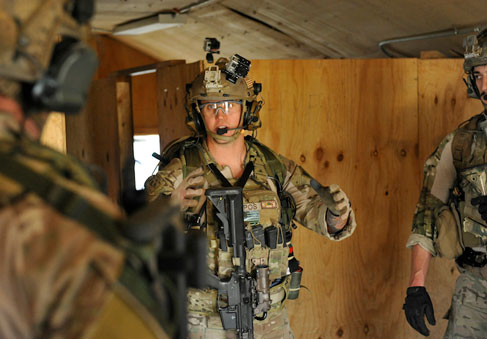A core principle of effective leadership is to provide purpose. Yet almost a third of Americans see their work as just a job to pay the bills, and almost 90% would be willing to take a pay cut to have more meaning in their work.
How do you feel when you wake up for work on Monday morning? Are you ready and excited to make a difference? Or do you dread getting out of bed and leaving the house? People who find meaning in their work have greater job satisfaction and well-being, and they perform better at the work they do. People who find meaning in their work are also more likely to work longer and harder, take less sick leave, and stay longer at their jobs.
Ask yourself what you’re doing to help your team feel excited to do meaningful work. Answer the following 3 questions to ensure you’re doing all you can to provide purpose for your team:
1. What “story” do you tell your team members to help them see their work as meaningful?
As a leader, you can help team members find meaning by framing tasks so each person understands how his or her work contributes to the bigger picture. For example, working the night patrol can be a tedious task for even the most motivated person. But there’s a big difference between “doing it because someone has to” vs. “people can sleep safe tonight because I’m on patrol.” The strategy of providing the story behind tasks so each person understands how his or her work contributes to the bigger picture helps to explain to your team why their work is important. Also, many people find additional meaning in belonging to a group. Your story should explain why the team’s work matters and what defines those who do the work.
- How is the world better because of the work your unit does?
- What would be the cost if you weren’t there to do it?
- What makes this group different from others?
- What are the values your group strives to live out and uphold?
2. How do you recognize your team members’ work?
Gratitude and praise are powerful leadership tools. When people feel appreciated for the work they do, they’re more likely to go above and beyond the call of duty. Effective gratitude and praise are more than just saying “thank you” or “good job.” When you recognize your team members for their work, be sure to directly point out what they did and how it contributes to the bigger picture. You can also enhance the sense of belonging in your unit by offering team members structured opportunities to praise or thank one another. Learn more by reading “How to make your praise effective.”
3. How are you empowering each individual’s strengths and values?
Each branch of the Armed Forces has its own set of core values, such as the Coast Guard’s “Honor, Respect, and Devotion to Duty,” that help form a group’s identity and provide meaning to the work. Each individual also has personal strengths and values that, when lived out, create meaning. For example, some team members might it find it meaningful to help people by using creative problem-solving or personal interactions, while others might find purpose through connecting their work to their faith. You can use strength surveys to help team members identify their core strengths and values. Try to help each of your team members craft their work so they can live out these strengths and values.
Bottom line
Helping those you lead to see the higher purpose in the work they do on a daily basis is hard work and requires discipline as a leader, but it will enhance the performance of your team.
